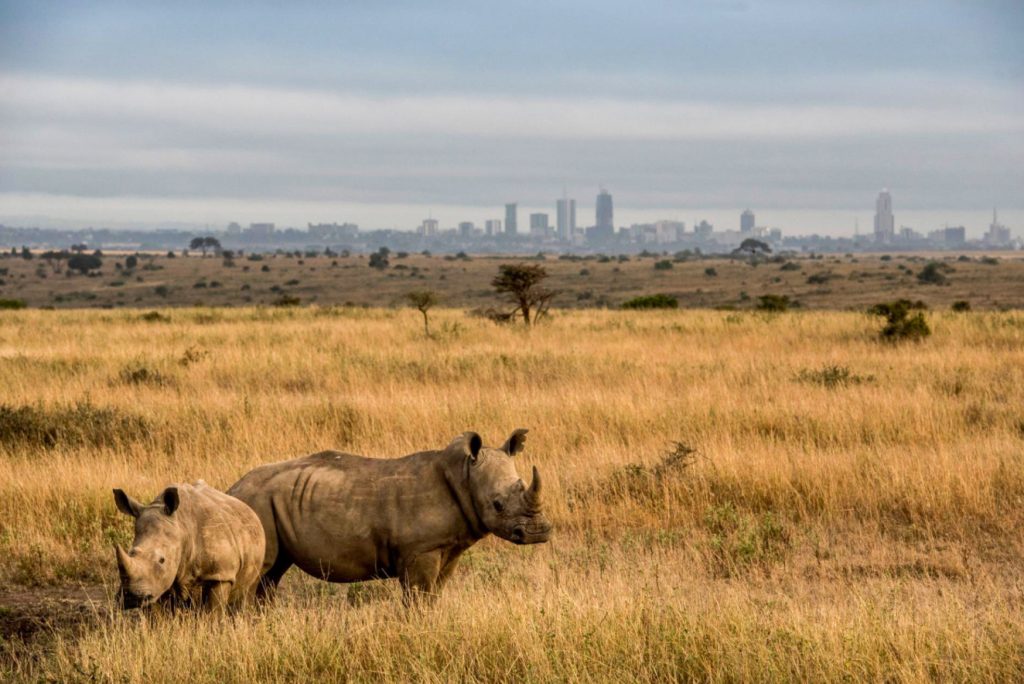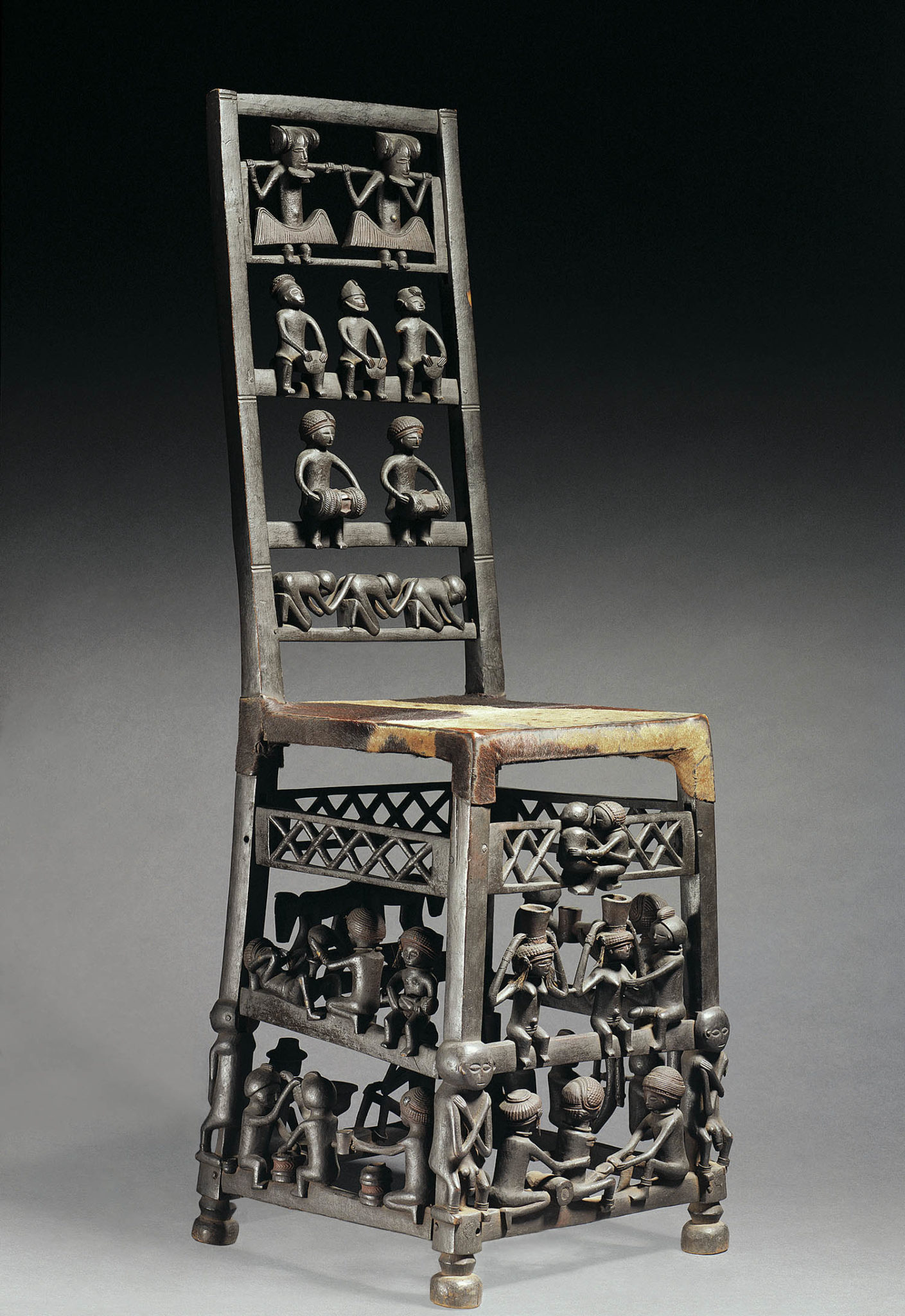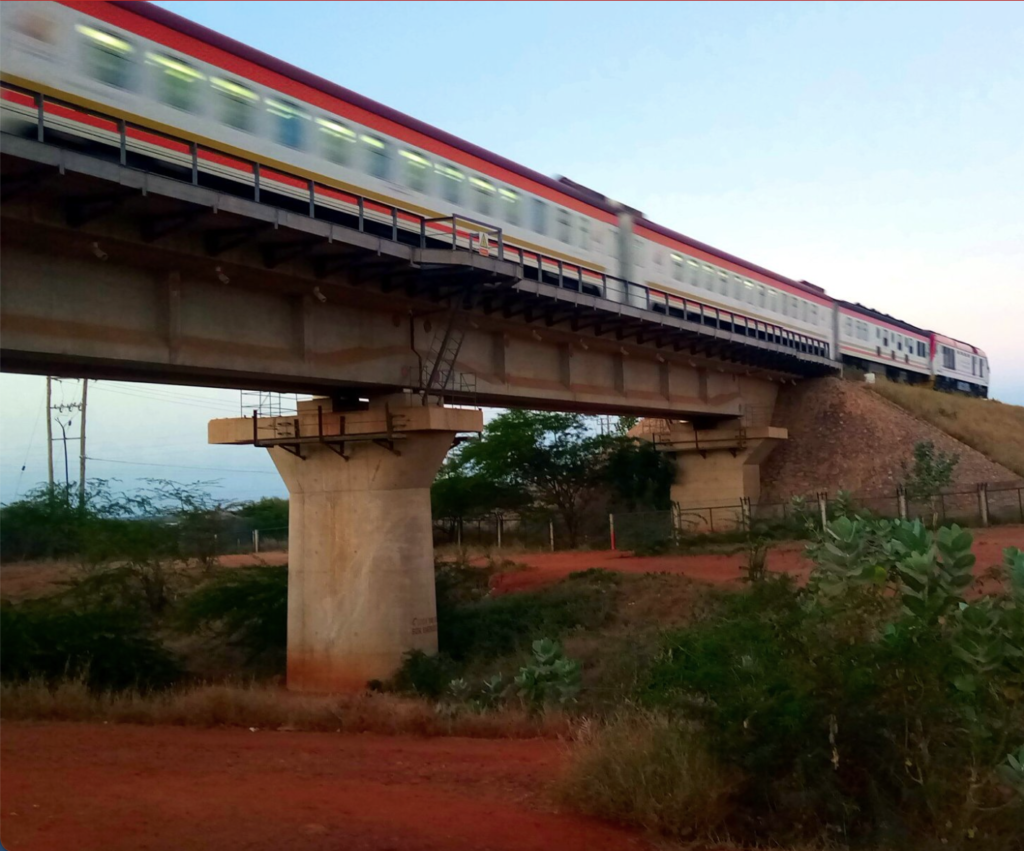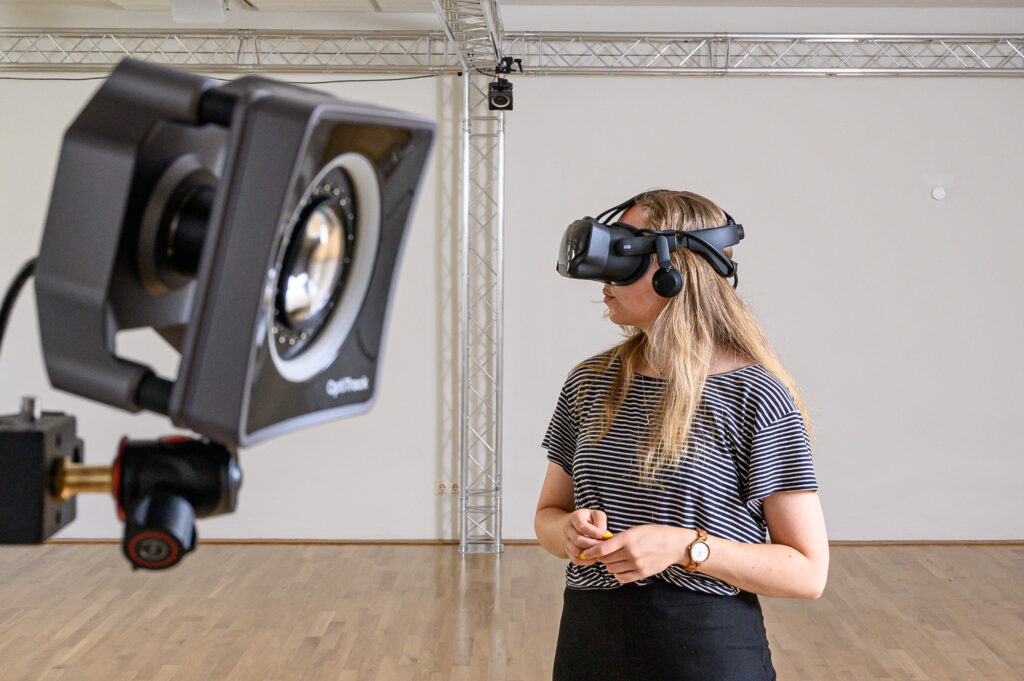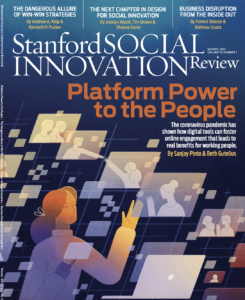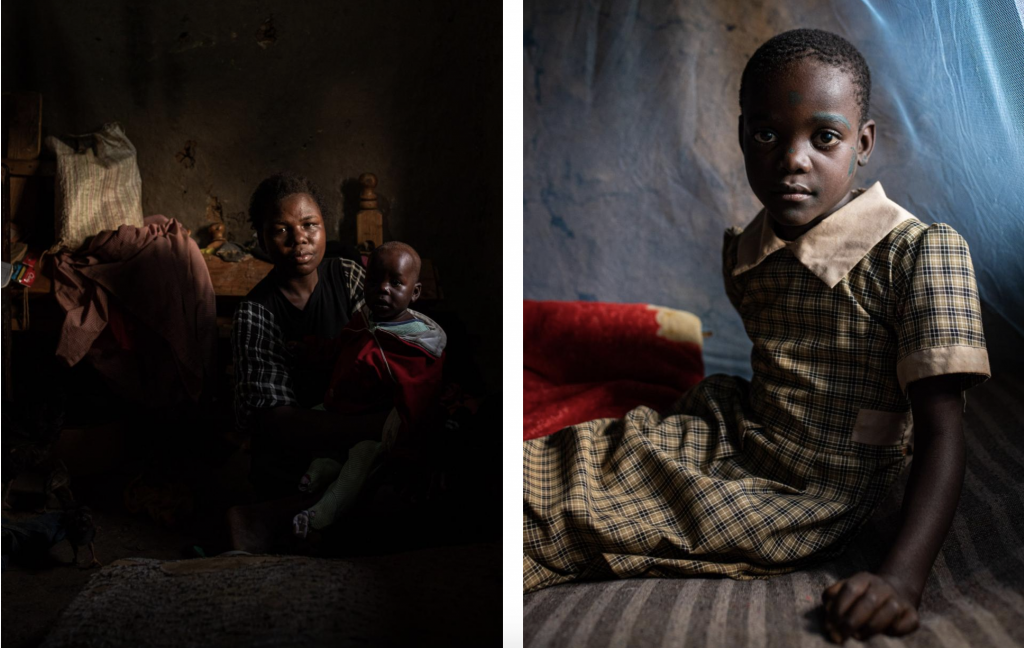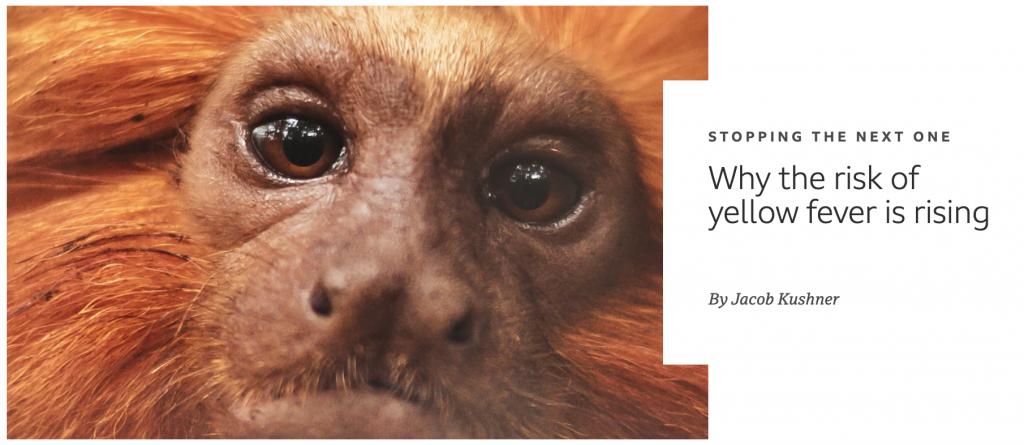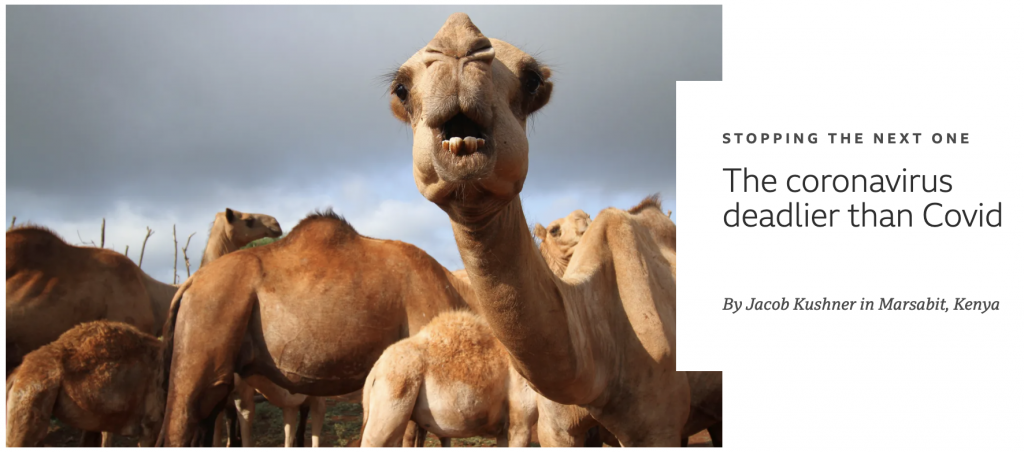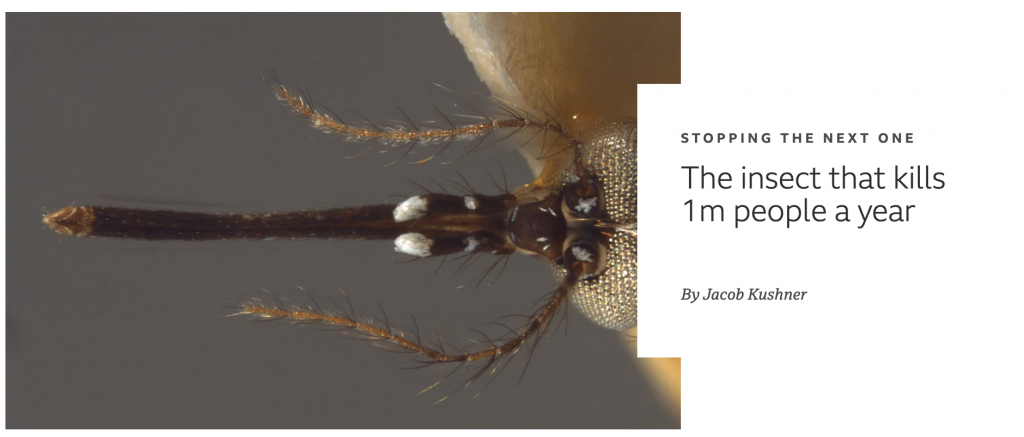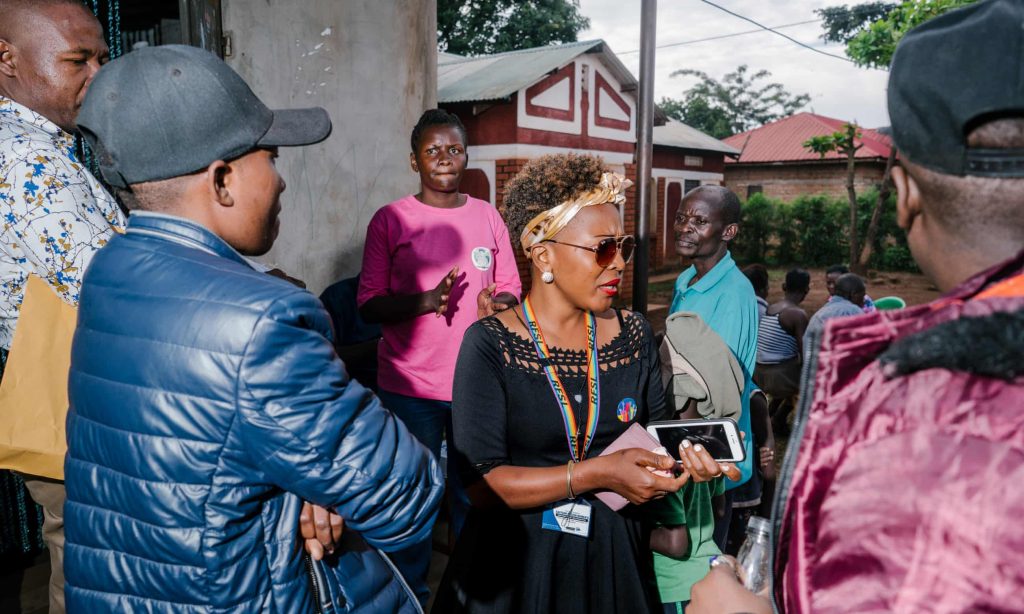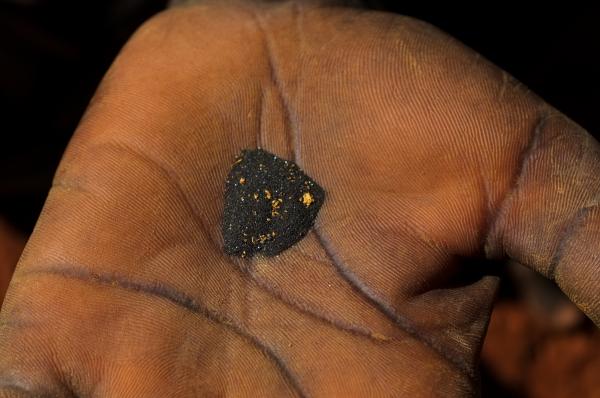As dawn breaks, nine Kenya Wildlife Service rangers dressed in camouflage and brandishing rifles assemble at an airstrip. They are equipped with a Cessna, a helicopter, and a caravan of Toyota Land Cruisers. Their mission: find, tranquilize, and collar Tsavo’s savanna elephants to see how well they traverse a new rail line that has recently split their habitat in two. It is the first time in history that elephants are being collared specifically to study how they interact with human infrastructure.
News by Publication
How Africa’s vaccine hesitancy came from the West
BBC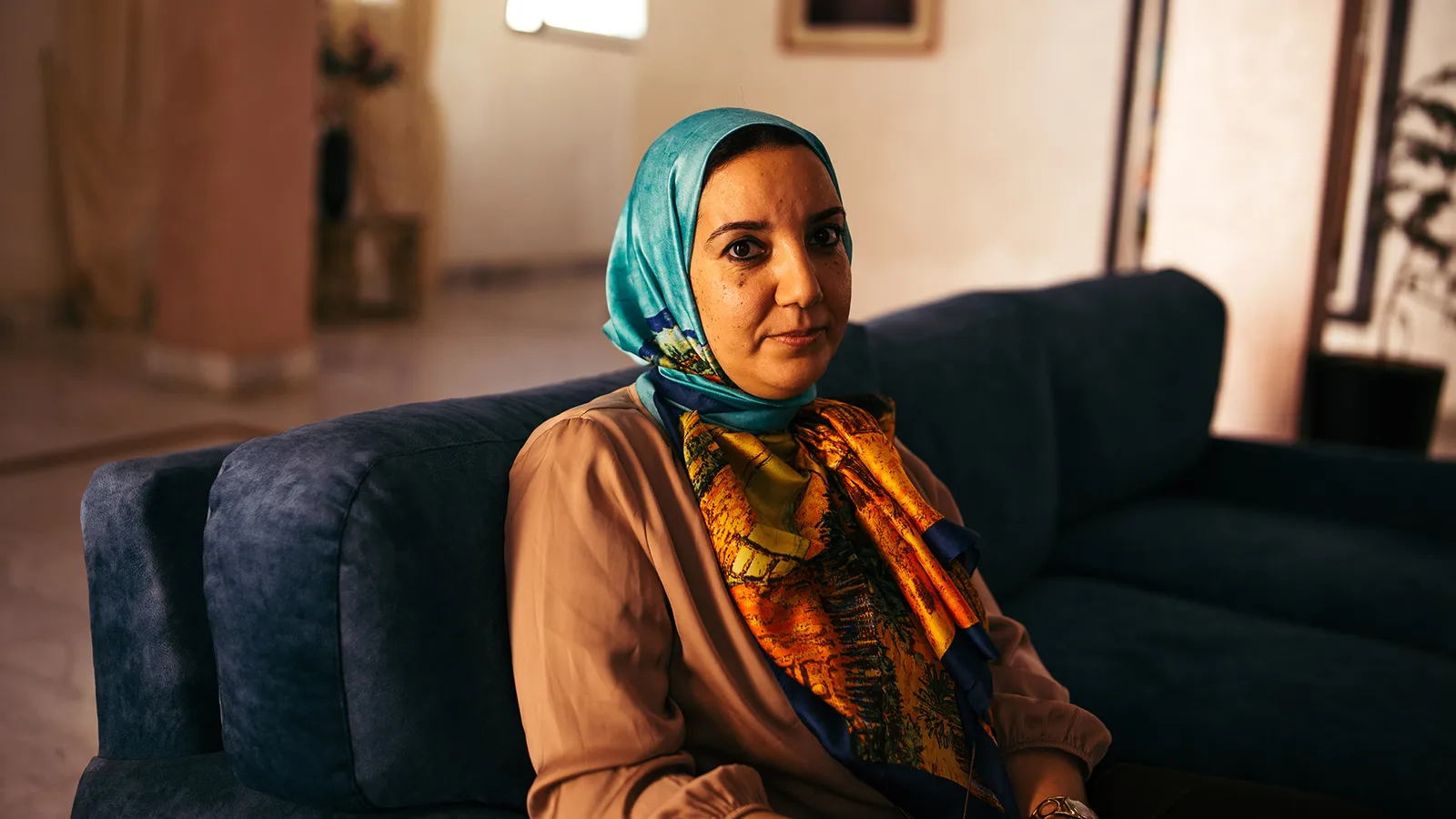
Immunologist Fatiha El Hilali started trying to counter fake news about vaccines after seeing a close friend die from Covid-19 (Credit: Kang-Chun Cheng)
“If I can be provocative, shouldn’t we be doing this study in Africa, where there are no masks, no treatments, no resuscitation?” said Jean-Paul Mira, head of intensive care at Cochin hospital in Paris. “A bit like as it is done elsewhere for some studies on Aids. In prostitutes, we try things because we know that they are highly exposed and that they do not protect themselves.”
Read: BBC Future
With support from the Pulitzer Center
Into Africa
TortoiseCancel The Museum? | Germany’s Game of Thrones
If restitution advocates have their way, Berlin’s new Humboldt Forum may mark the beginning of the end of an era in which western museums served as humble custodians of other peoples’ things.
“Hermann Baumann wasn’t yet a Nazi when he set sail to Angola in search of Chokwe treasure.”
Read the full feature story: Tortoise
Kenya’s railway to nowhere
Articles, The Dial MagOne morning in March, a Chinese-built train departed the Kenyan capital of Nairobi and headed to the middle of nowhere.
The World Bank warned that building the new SGR would cost 18 times as much as simply rehabilitating damaged or neglected sections of the old one. But Kenya’s leaders cared more about grandiosity than fiscal responsibility. Generations of Kenyans will be paying the price.
Read: The Dial Mag
Can Virtual Reality Reduce Crime?
Stanford Social Innovation ReviewMAXLab Freiburg—the virtual reality (VR) arm of the criminology department at the Max Planck Institute for the Study of Crime, Security, and Law in Freiburg, Germany—is at the forefront of a movement to use VR technology to understand, deter, and prevent crime.
Scientists hope a new vaccine will reduce malaria in Africa. But is it worth the cost?
National GeographicVaccinate the Monkeys.
BBCThat’s how to prevent the next pandemic–if these scientists are right.
Move over, Covid-19. Another, far more lethal disease is in danger of erupting once again. Yellow fever infects some 200,000 people and kills 30,000 of them each year–more than terrorist attacks and plane crashes combined. Stopping the next outbreak from jumping from monkeys to humans may require a novel approach: vaccinating our hairy, banana-loving brethren.
Part of our BBC Future series, Stopping The Next One, with Harriet Constable and The Pulitzer Center.
Read: BBC
Stopping The Next One
BBCRead and watch our BBC Future series Stopping The Next One, with Harriet Constable and The Pulitzer Center.
Read: BBC
The coronavirus 10 times more deadly than Covid
Articles, BBCIn northern Kenya, researchers are working to prevent a dangerous coronavirus – MERS – from jumping from camels to humans. But climate change is complicating their task.
Part of our BBC Future series, Stopping The Next One, with Harriet Constable and The Pulitzer Center.
READ: BBC

Stopping mankind’s #1 killer
Articles, BBCThe discovery of a novel mosquito on Guantanamo Bay reveals how globalization is threatening to unleash the next pandemic. Part of our BBC Future series, Stopping The Next One, with Harriet Constable and The Pulitzer Center.
READ: BBC

A U.S. State Department Travel Warning for Visitors to the United States [Satire]
Vocativ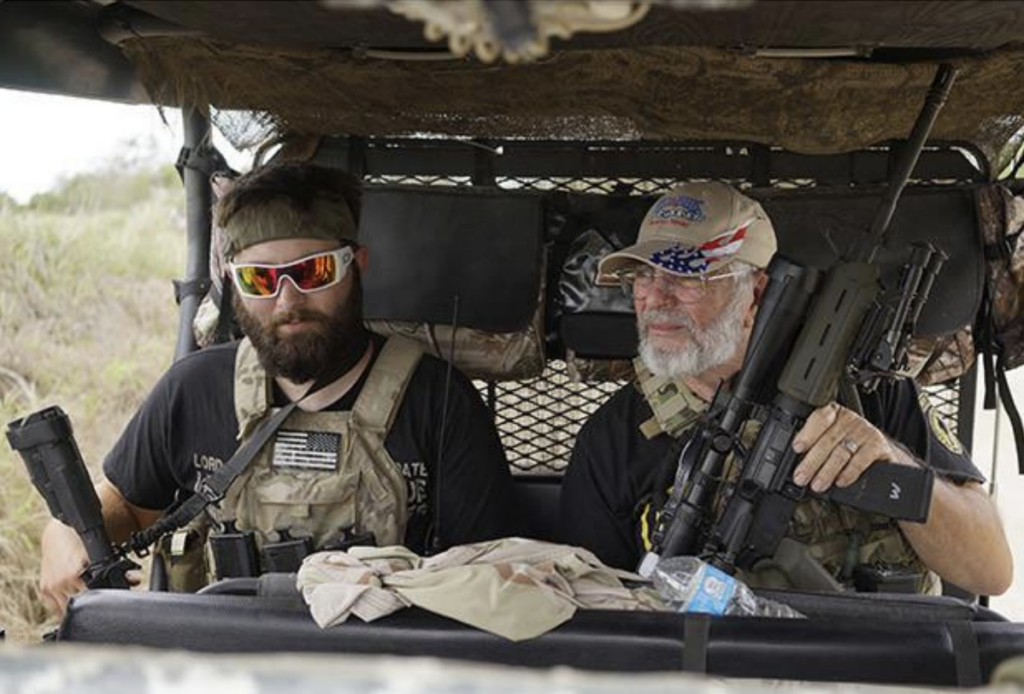
Vigilantes go on patrol in September near the U.S.-Mexico border outside Brownsville, Texas.
Reuters/Rick Wilking
“Visitors belonging to a minority race should use particular caution when traveling to areas of the United States where police officers may be present.”
“LGBTQ travelers should instead consider going to Uganda, where only one targeted murder of an LGBT individual occurred in 2011, compared with 30 that year in the United States.”
“Muslims traveling to America should be aware that federal operatives routinely attempt to entrap Muslims into terrorist plots.”
“Violent and sometimes fatal attacks, including armed carjackings, drive-by shootings, burglaries, and kidnappings can occur at any time and in any location, particularly in cities. Travelers to big cities should therefore avoid crowds.”
Read the full satire – originally published by Vocativ.
‘They paid a guy to kill me’
The GuardianIn Uganda, a lesbian activist helps straight people fight stigma of a disease once thought of as ‘gay.’
Read: The Guardian
The New Vaccine you Haven’t Heard Of
New Scientist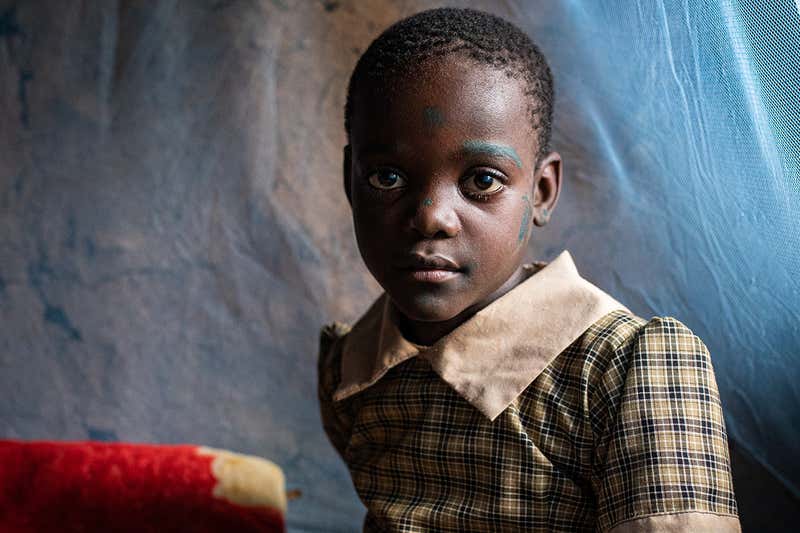
Eight-year-old Trizah Makungu sits on the bed she shares with her parents, protected by a mosquito net. These nets, which cost about $5 in the local market, have helped save millions of lives. / Lena Mucha
While most of the world is focusing on new vaccines for the coronavirus, thousands of Kenyan children are finally receiving a longed-for malaria vaccine, 37 years after development on it started.
Read: New Scientist
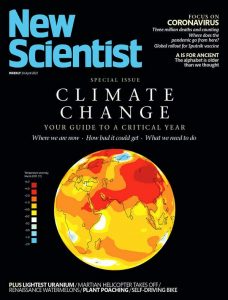 May 1, 2021 edition
May 1, 2021 edition
With Support from the European Journalism Centre
Trouble at the Lake
National Geographic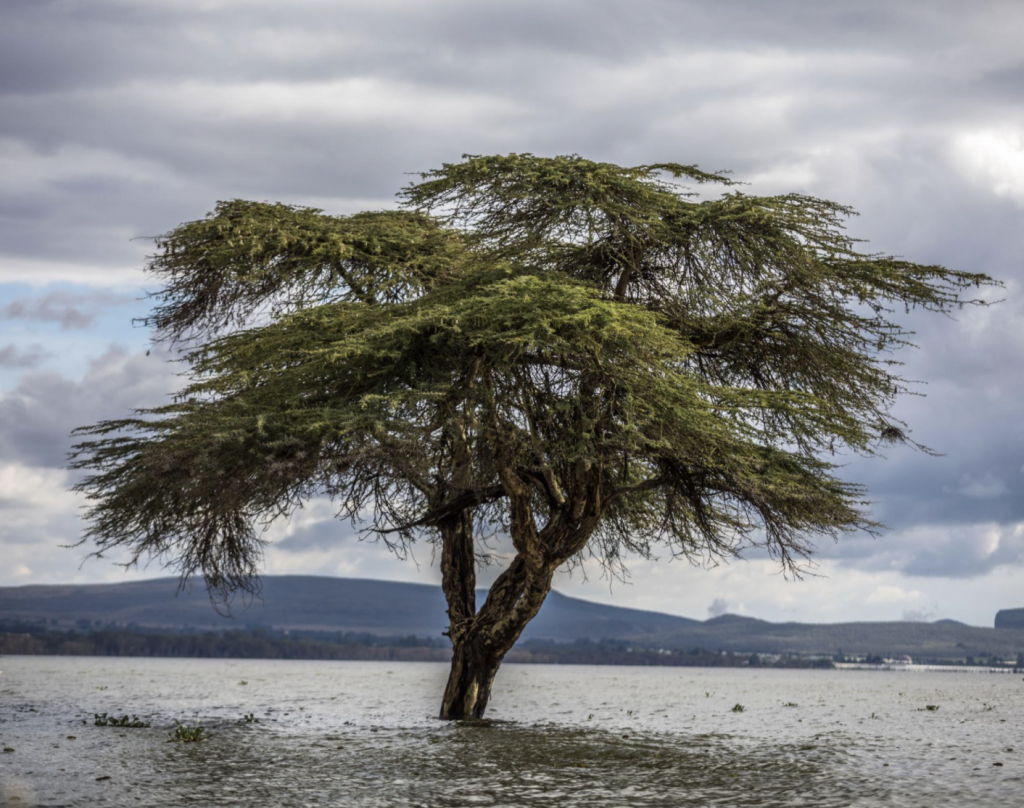
Human-hippo conflict is exploding in this pristine patch of Kenya
Floods and the economic fallout from COVID-19 are pitting hungry fishermen against hungry hippos—with deadly results.
Read: English | Spanish | Portuguese
Photos by Brian Otieno.
Haiti’s Gold Rush
GuernicaRiches beckon from beneath Haiti’s hills. Mining companies are hoping to lock in huge tax breaks to get at them.
Read the full story at Guernica
Support from the Pulitzer Center on Crisis Reporting and Haiti Grassroots Watch.
